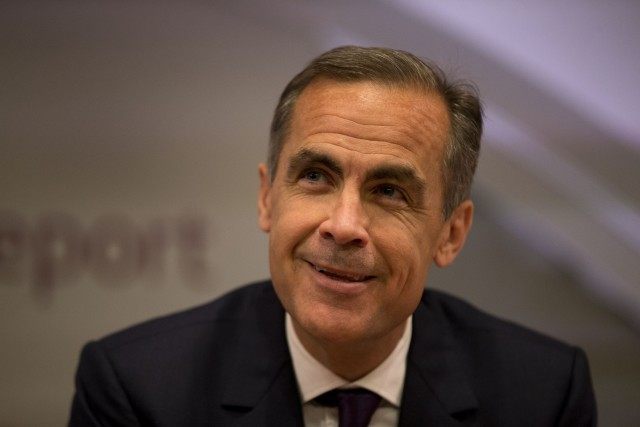Britain’s referendum on membership of the European Union must be held “as soon as necessary” according to Mark Carney, Governor of the Bank of England.
Speaking to BBC Radio 4’s Today programme he warned that business uncertainty fuelled by concern over the referendum may hurt the British economy.
During the election campaign David Cameron promised a vote on the EU by the end of 2017 but Carney appears to want a faster timetable. In the interview he was pushed on whether he wants the vote “sooner rather than later” but he would not be drawn on specific timetables, instead urging the government to move “with all deliberate speed.” Asked about the direct impact of the proposed referendum Carney said the effects are not yet hampering business:
“We talk to a lot of bosses and there has been an awareness of some of this political uncertainty – whether because of the election or because of the referendum. What they’ve been telling us, and we see it in the statistics, is they have not yet acted on that uncertainty – or to put it another way, they are continuing to invest, they are continuing to hire.”
Carney did, however, say that despite the continuing business activity concerns are being expressed and it is in the interests of everyone that the process, the question and the decision be clarified. Suggesting that his position is shared by the Prime Minister he concluded that “the government has made it clear that it is a priority. I am sure the government will act with appropriate speed in developing the negotiations.”
In contrast to Carney’s comments leaders of both the Better Off Out and Business For Britain campaigns spoke recently about their fears of an accelerated referendum process. Matthew Elliott, Chief Executive of Business for Britain, told Breitbart London:
“Britain needs to get the best deal from the renegotiation, not fast-forward to the referendum. The EU need’s wide ranging changes, not just tinkering at the edges. A rushed process would severely undermine the chances to secure a significant deal that both British business and voters could support and would waste the opportunity of a lifetime.”

COMMENTS
Please let us know if you're having issues with commenting.